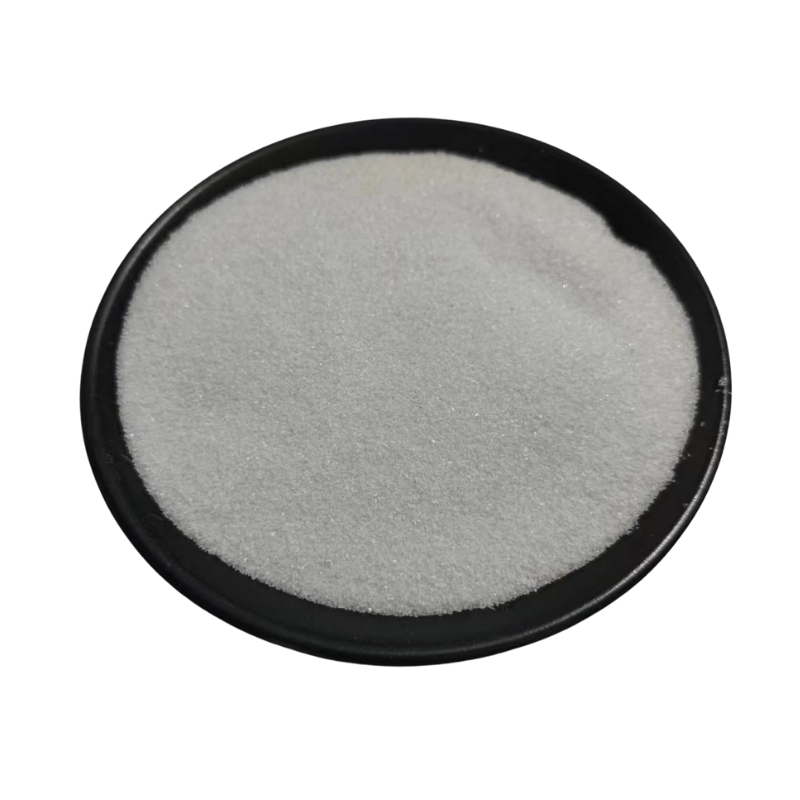
Exploring the Benefits of Customized Fly Ash in Cinder Block Production for Sustainable Construction
The Role of Custom Fly Ash in Cinder Block Manufacturing
Cinder blocks, also known as concrete masonry units (CMUs), are vital components in the construction industry, valued for their durability, strength, and versatility. As sustainability becomes increasingly important, manufacturers are seeking innovative materials that not only enhance the properties of these blocks but also reduce environmental impact. One such material that has gained traction is fly ash, a byproduct of coal combustion. In recent years, the use of custom fly ash in cinder block manufacturing has emerged as a transformative practice, providing both economic and ecological advantages.
What is Fly Ash?
Fly ash is a fine powder that consists of the residuals from burning pulverized coal in electric power generating plants. It is typically composed of silica, alumina, and iron, which contribute to its pozzolanic properties. When mixed with lime and water, fly ash can react chemically to form compounds that bolster strength and durability. Its use in construction materials, such as concrete and cinder blocks, enhances performance and sustainability.
Customization in Fly Ash Utilization
The term “custom fly ash” refers to the tailored application of fly ash to meet specific performance standards or environmental requirements in cinder block production. Different types of fly ash possess varying chemical compositions and physical properties, which means that manufacturers can select specific fly ash sources based on the desired characteristics of the final product. This customization can affect factors such as workability, setting time, strength, and even color.
Benefits of Using Custom Fly Ash
1. Enhanced Strength and Durability The addition of custom fly ash improves the compressive strength of cinder blocks. Utilizing fly ash can result in a denser block, which increases load-bearing capacity and overall durability. These blocks are more resilient against weathering, making them suitable for various applications.
custom fly ash in cinder blocks manufacturers

2. Sustainability Incorporating fly ash reduces the need for virgin materials in cinder block production, promoting the circular economy. By recycling industrial waste, manufacturers help decrease landfill waste and lower carbon emissions associated with traditional cement production. This shift aligns with global sustainability goals and enhances the eco-friendliness of construction practices.
3. Cost-Effectiveness Fly ash is often more affordable than traditional materials. By substituting a portion of cement with fly ash in cinder block production, manufacturers can reduce material costs while maintaining or even improving block performance. This financial incentive encourages more manufacturers to explore the use of fly ash.
4. Improved Workability Custom fly ash can alter the rheological properties of the mix, resulting in better workability. This makes the production process more efficient, reduces energy consumption during mixing, and minimizes the need for additional chemical admixtures.
5. Aesthetic Options Fly ash can also impact the appearance of cinder blocks. By tailoring the type and quantity of fly ash used, manufacturers can achieve varied colors and textures, offering more aesthetic choices for builders and architects.
Challenges and Considerations
While the benefits of custom fly ash in cinder block manufacturing are significant, there are challenges to consider. Variability in fly ash quality can impact the consistency of the final product, necessitating rigorous quality control measures. Manufacturers must also navigate local regulations regarding the use of recycled materials and ensure compliance with industry standards.
Conclusion
The incorporation of custom fly ash in cinder block manufacturing represents a significant step towards more sustainable construction practices. By leveraging this innovative material, manufacturers can produce stronger, more durable blocks while contributing to environmental conservation and reducing production costs. As the construction industry continues to evolve, the adoption of custom fly ash will likely play a pivotal role in shaping greener building practices that benefit both the industry and the planet.
Share
-
Premium Pigment Supplier Custom Solutions & Bulk OrdersNewsMay.30,2025
-
Top China Slag Fly Ash Manufacturer OEM Factory SolutionsNewsMay.30,2025
-
Natural Lava Rock & Pumice for Landscaping Durable Volcanic SolutionsNewsMay.30,2025
-
Custom Micro Silica Fume Powder Manufacturers High-Purity SolutionsNewsMay.29,2025
-
Custom Mica Powder Pigment Manufacturers Vibrant Colors & Bulk OrdersNewsMay.29,2025
-
Custom Micro Silica Fume Powder Manufacturers Premium QualityNewsMay.29,2025






